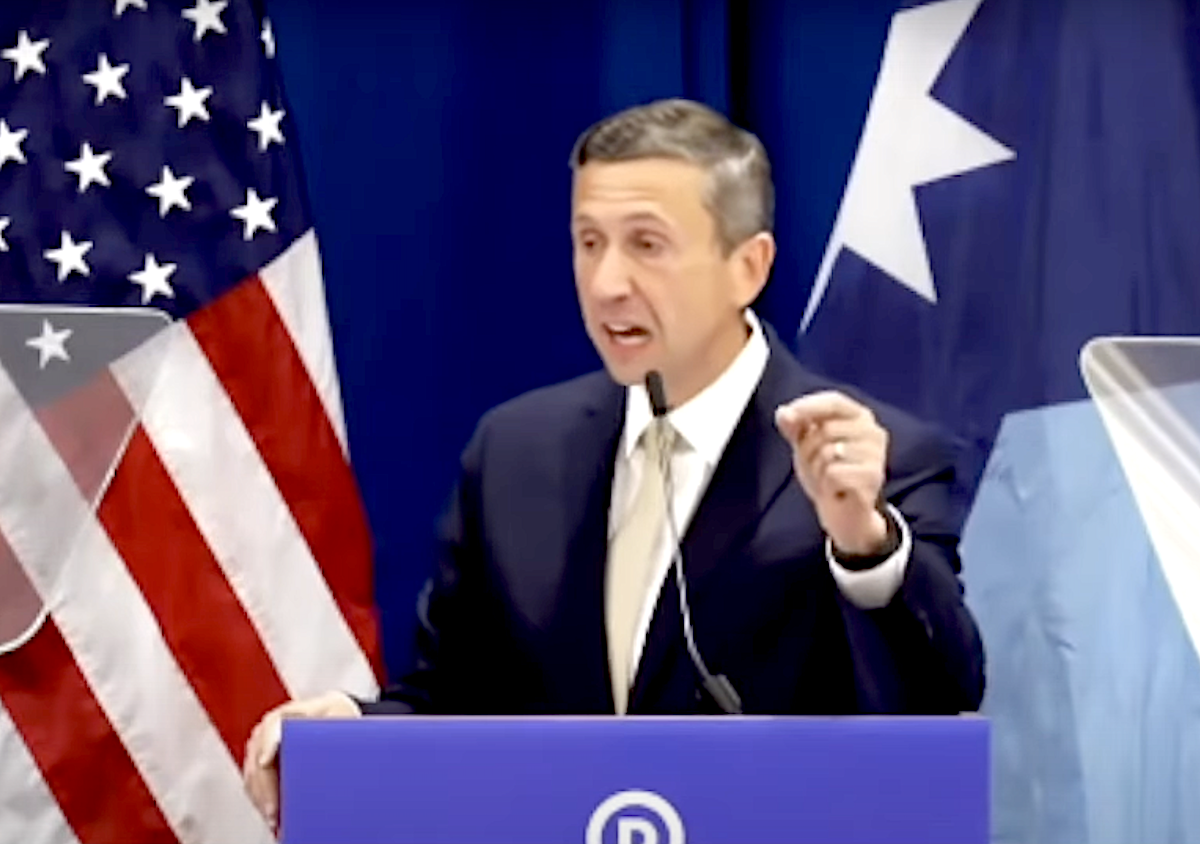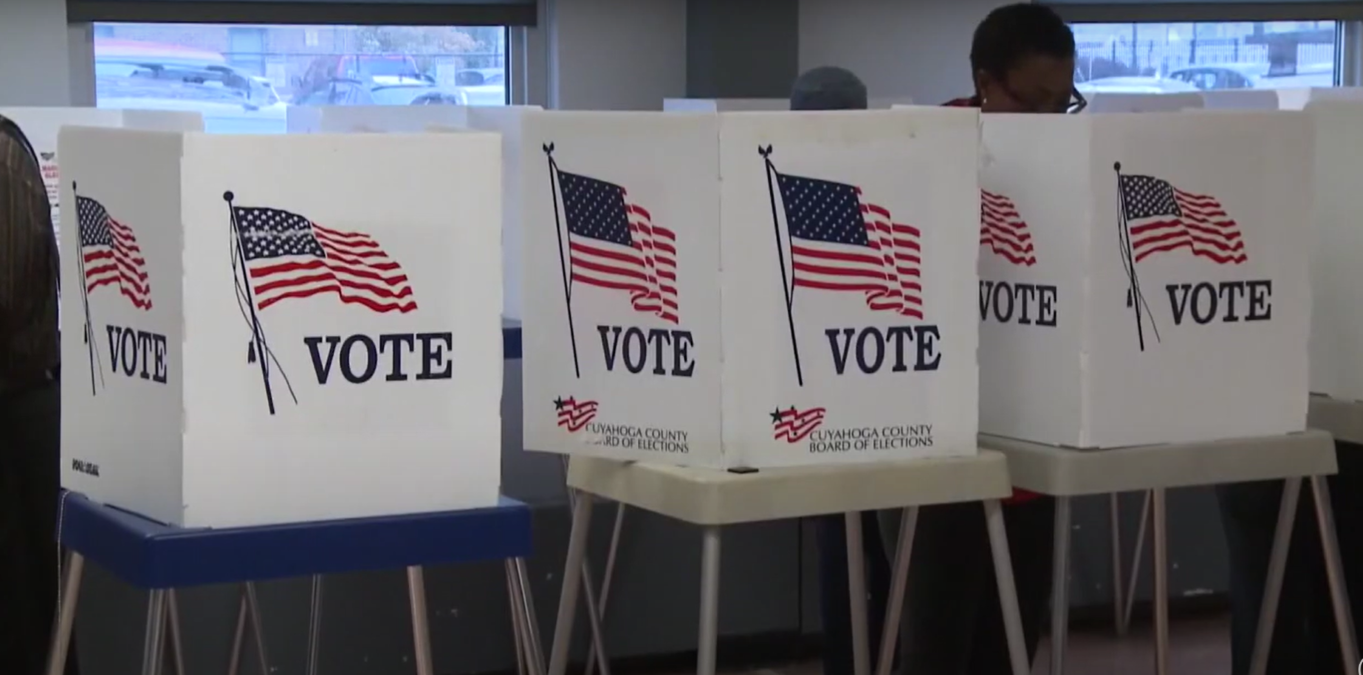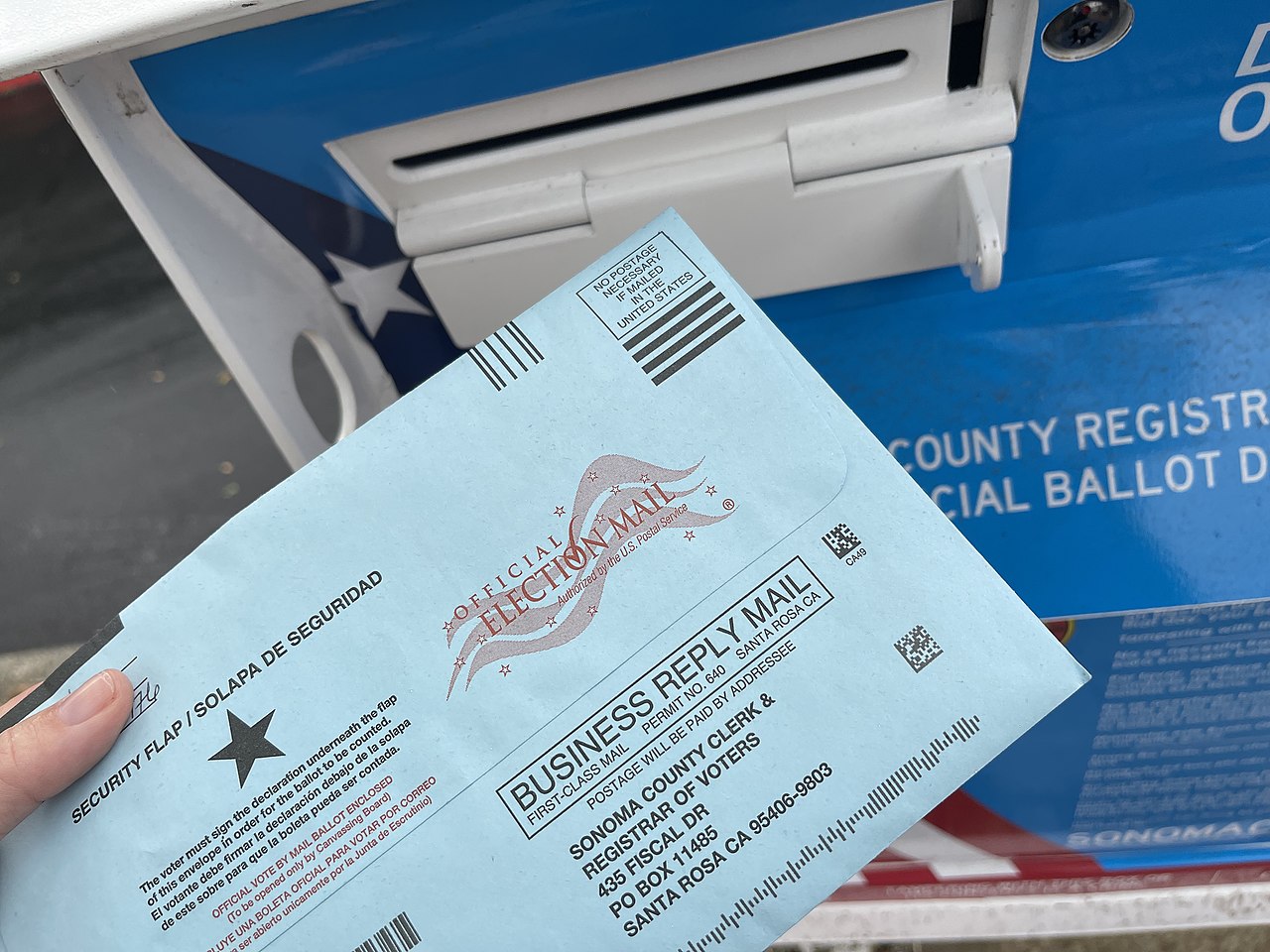Democratic National Committee Chair Ken Martin recently stated that the party can no longer adhere strictly to traditional political norms, suggesting a shift in strategy as the 2024 election approaches. Martin emphasized the need for Democrats to adopt a more aggressive stance, saying, “I’m sick and tired of this Democratic Party bringing a pencil to a knife fight. We cannot be the only party that plays by the rules anymore. We’ve got to stand up and fight.”
This call to action comes as Democrats face a challenging political landscape, with many party leaders expressing frustration over perceived electoral disadvantages. Critics argue that the party’s struggles stem from a lack of effective campaigning rather than adherence to rules. They contend that Republicans have adapted to changing voter dynamics more successfully, particularly in utilizing mail-in ballots and drop-box schemes.
Historically, Democrats have been accused of attempting to change electoral rules to their advantage. For instance, some party members have pushed for reforms that would allow greater access to voting, which opponents claim undermines election integrity.
In a recent commentary, political analysts noted that the rhetoric surrounding the upcoming elections has become increasingly charged. They pointed to Martin’s remarks as indicative of a broader trend among Democrats to embrace more combative language in their political discourse.
“When party leaders assert that it’s time to up the ante, there’s no logical conclusion to draw from it other than that they’re eager and ready to cross the point of no return,” said one analyst, who preferred to remain anonymous.
Supporters of Martin’s approach argue that a more aggressive stance is necessary to counteract what they perceive as Republican dominance in recent elections. They believe that the party must rally its base and present a united front to effectively challenge Republican candidates.
However, critics warn that adopting a more confrontational approach could alienate moderate voters who may be crucial in swing states. They argue that Democrats should focus on policy proposals that resonate with a broader electorate rather than escalating political tensions.
The backdrop of this discussion includes recent events that have raised concerns about political violence. Last year, President Biden faced two assassination attempts, incidents that some Democrats feel have been downplayed in political discourse.
As the election season heats up, the implications of Martin’s comments and the party’s strategic direction will likely become a focal point in political debates. The Democratic Party’s ability to navigate these challenges while maintaining voter support will be critical in the upcoming elections.
READ Trump Administration Seeks Supreme Court Relief in USAID Funding Dispute



